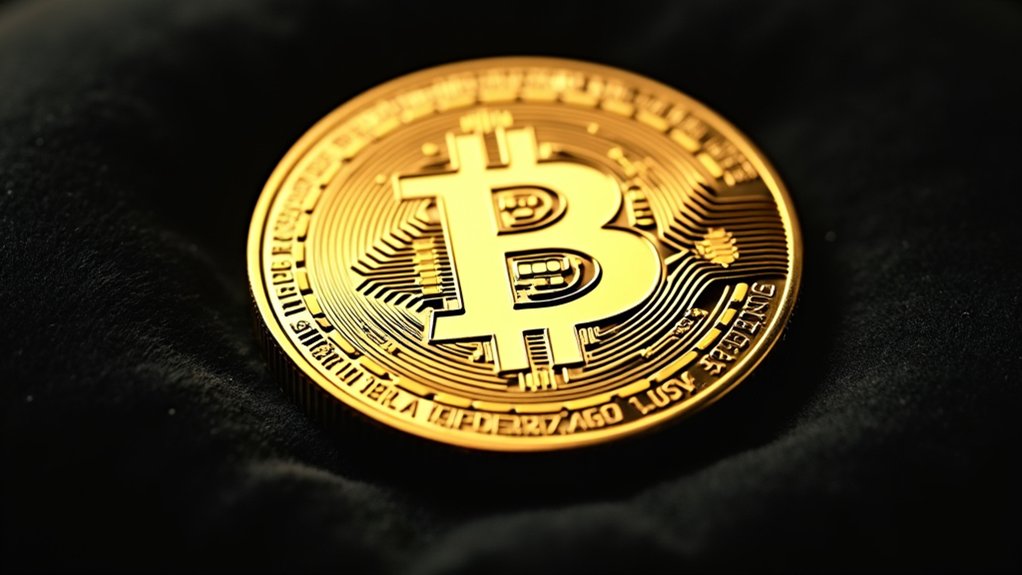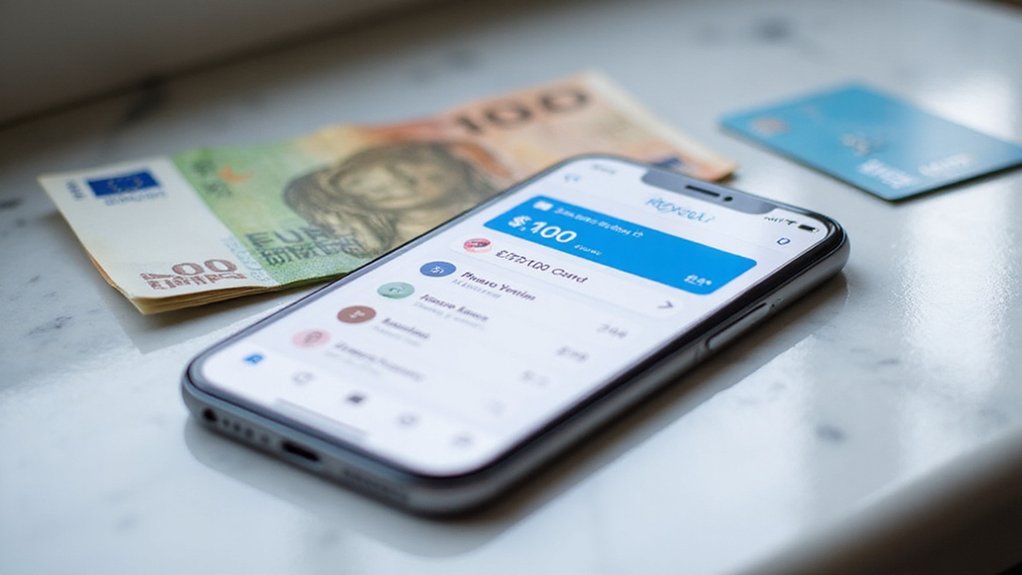Emirates has officially entered the cryptocurrency payment arena through a strategic partnership with Crypto.com, marking a watershed moment for both the aviation industry and digital asset adoption. The memorandum of understanding, signed in the presence of Emirates Chairman Sheikh Ahmed bin Saeed Al Maktoum, positions the Dubai-based carrier to become the largest airline accepting cryptocurrency payments when the integration launches in 2026.
The partnership leverages Crypto.com Pay’s business platform, which supports over 20 settlement options encompassing both digital assets like Bitcoin and Ethereum alongside traditional fiat currencies including USD and EUR. This expansive payment infrastructure reflects Emirates’ calculated approach to capturing tech-savvy demographics while maintaining operational flexibility—a balance that many corporations struggle to achieve when venturing into cryptocurrency waters.
Emirates’ motivation extends beyond mere technological novelty. The airline aims to adapt to evolving consumer behaviors, particularly among digitally native travelers who view cryptocurrency as a legitimate transaction medium rather than speculative curiosity. This strategic pivot aligns seamlessly with Dubai’s broader vision for financial innovation, where numerous local companies already accept Bitcoin for routine payments and government initiatives promote digital asset utilization across real estate and public services.
The timing proves particularly astute, as Emirates follows early adopters like airBaltic (which has accepted Bitcoin since 2014) while establishing itself as the sector’s heavyweight champion of crypto adoption. The announcement generated immediate market enthusiasm, with Bitcoin prices climbing 0.42%—modest perhaps, but indicative of institutional adoption’s psychological impact on digital asset markets.
Beyond transactional convenience, this partnership represents a fundamental shift in how traditional industries approach cryptocurrency integration. Rather than dismissing digital assets as fringe financial instruments, Emirates recognizes their potential for enhancing global reach and transaction efficiency. The airline’s commitment to greater customer choice reflects an understanding that modern travelers expect payment flexibility matching their digital lifestyles. The collaboration will also encompass promotional marketing campaigns designed to educate customers about the new payment solution and drive adoption across Emirates’ diverse customer base.
Dubai’s positioning as a global crypto center receives considerable reinforcement through this high-profile partnership. Emirates’ decision effectively legitimizes cryptocurrency payments within mainstream commerce, potentially catalyzing similar integrations across the travel and hospitality sectors. The system will enable real-time conversion of cryptocurrency payments to AED at the transaction point, ensuring seamless integration with existing financial processes. The real momentum lies not in speculative trading applications, but in practical, everyday transaction utility that transforms digital assets from investment vehicles into functional currencies. The partnership also demonstrates how institutional adoption continues to drive sustainable growth patterns in the cryptocurrency market, moving beyond reactionary fluctuations toward legitimate business applications.









